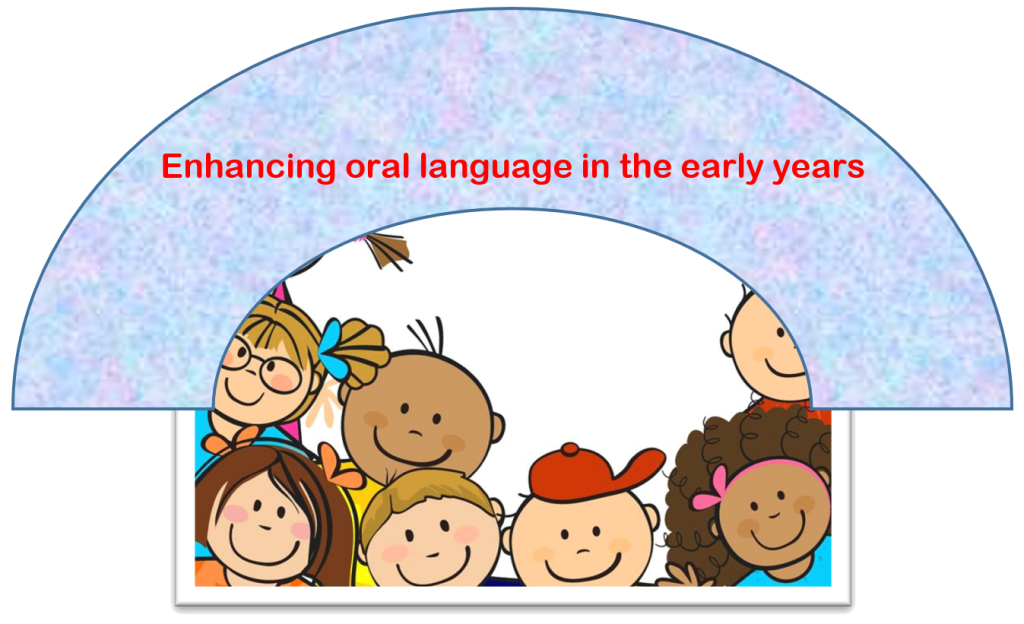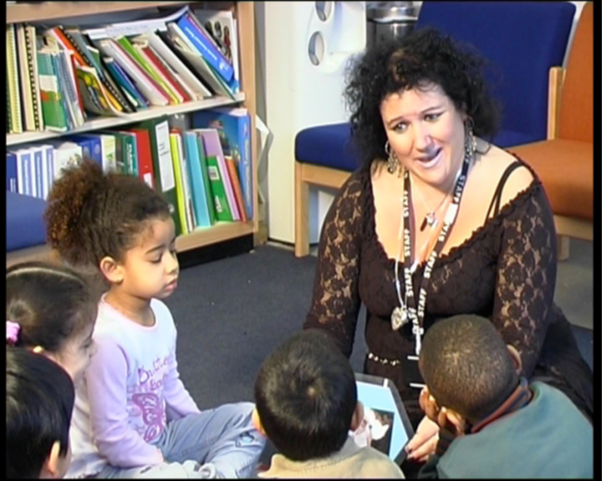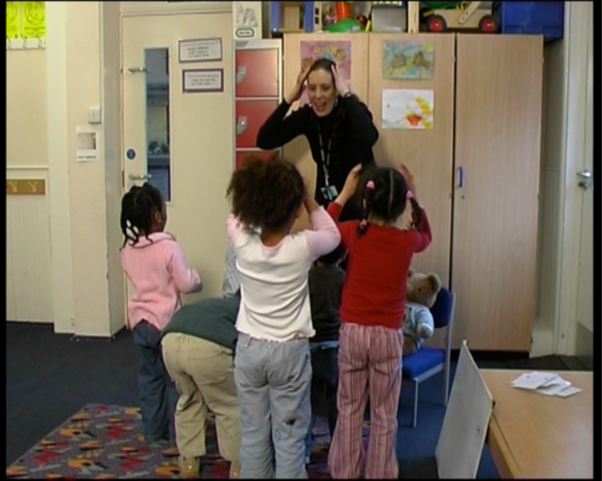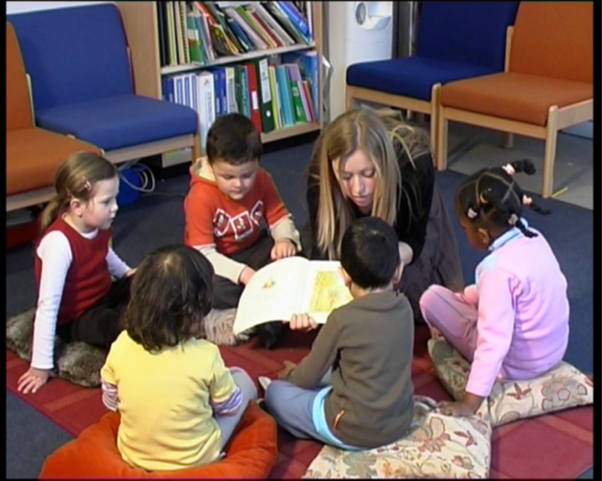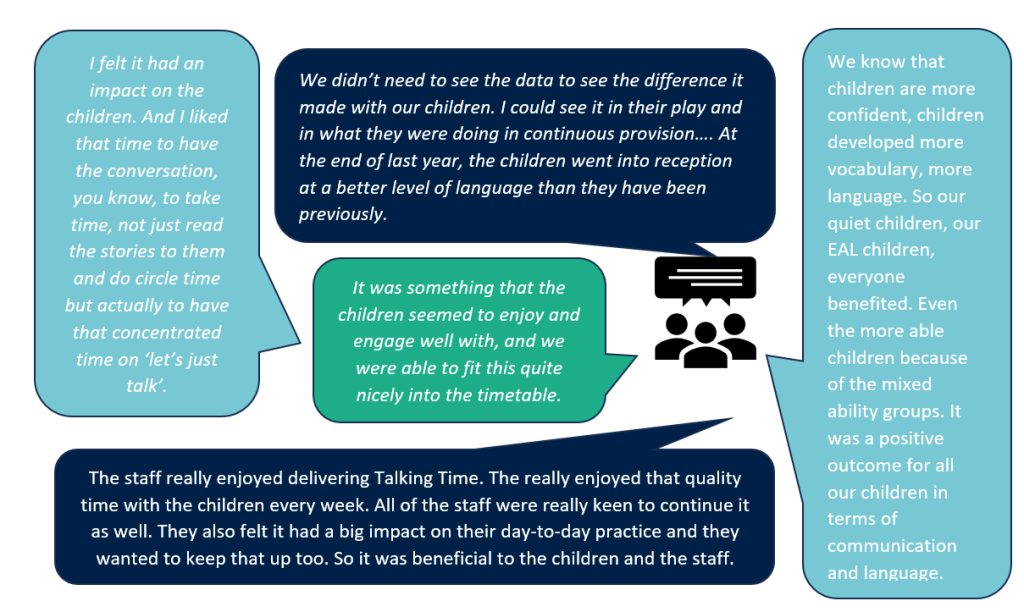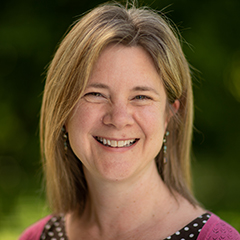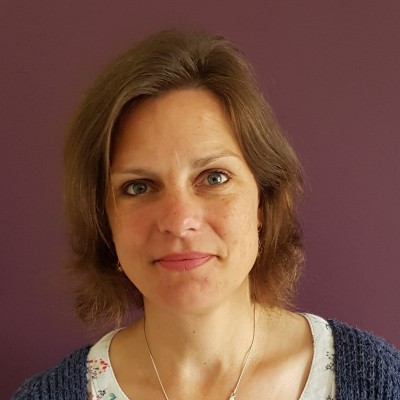Talking Time© is all about supporting oral language through high quality conversations with children.
Talking Time© is a universal oral language programme for children aged 3 to 5 (pre-school). It supports Early Years practitioners to deliver engaging, structured small-group activities to children and enhance oral language through high-quality interactions. Although manualised, the programme is designed to be flexible?and adaptable to?suit individual children, settings and contexts. It has three main elements:
- A flexible intervention programme
- A practitioner manual and story books
- Evidence-based professional development for staff
Talking Time© is underpinned by a framework of evidence-based language-supporting strategies and five high-quality texts, which you will receive as part of the resource package.
Talking Time© is not a scripted intervention programme. Instead, it takes a longer-term perspective, supporting practitioners to develop expertise with oral language strategies and enhance their everyday practice. There is a Talking Time© manual with flexible plans and conversation prompts to support delivery of the activities; but these resources are flexible, and we will actively encourage and support you in adapting them for your children. This investment builds capacity in the setting, supporting the oral language development of future cohorts as well as the children you work with in the current year.
Previous evaluations have found that Talking Time© had a positive impact on children’s vocabulary and that it supported staff to:
- develop confidence and expertise with language supporting strategies
- engage in more back-and-forth conversations with children.







